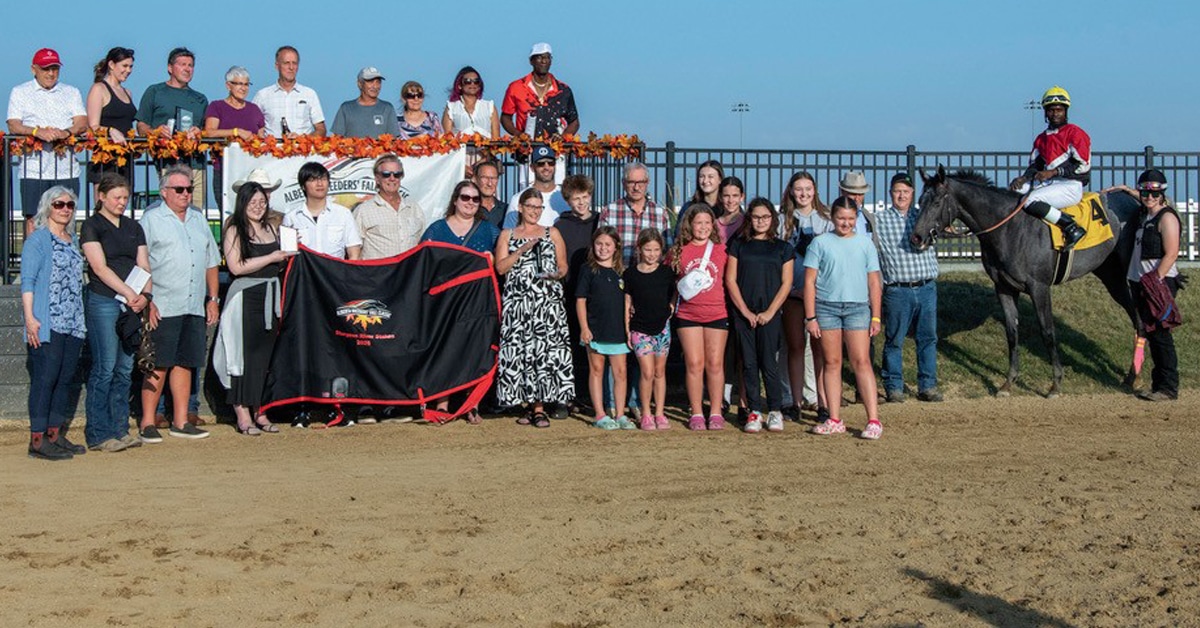Equine Canada’s Health and Welfare Committee believes the information contained in this advisory is of national importance to Canadian horse owners. The advisory appears below.
West Nile Virus (WNV) is endemic in Ontario and cases occur in the horse population at varying levels each year. There is the potential for a significant increase in the number of equine WNV cases in Ontario in 2012. Public Health Ontario has reported the highest number of WNV-positive mosquito pools since 2002, which is the first year that human and equine cases were identified in Ontario. As of August 22, 2012, there have been 49 confirmed or probable cases of human WNV in the province. At this time, there are no reports of equine cases. However, it seems inevitable that there will be some.
The Ontario Ministry of Agriculture, Food and Rural Affairs (OMAFRA) requests that the veterinary community consider WNV in horses with neurological signs, and assist in identifying positive cases through appropriate testing. WNV is an immediately notifiable disease under the federal Health of Animals Act. Signs of WNV (such as lethargy, ataxia, facial tremors and limb paralysis) can mimic a variety of encephalitides including rabies, Eastern Equine Encephalitis (EEE), Western Equine Encephalitis (WEE), botulism, hepatic encephalopathy, equine protozoal myeloencephalitis (EPM), tetanus, equine herpes virus 1 (EHV-1), lead poisoning, and wobblers syndrome. Mortality rates amongst horses showing clinical signs of WNV are approximately 35%.
Most equine cases of WNV occur between August and September, although cases can occur into October if environmental conditions permit the survival of the mosquito vector species.
Ontario’s local public health units are currently conducting mosquito surveillance. Birds are the natural host for the virus, which is transmitted to horses and humans by mosquitoes which have bitten an infected bird. As of August 22, 2012, there have been 312 WNV-positive mosquito pools identified in 25 health units across the province (http://www.oahpp.ca/resources/vector-borne-disease-surveillance-reports.html#WNV. This number is almost as high as those identified in 2002, when there were 101 confirmed cases of equine WNV in Ontario.
WNV infections have been reported in a wide range of animal and bird species, including horses, dogs, cats, deer, crows, chickens, geese, jays, raptors and owls. Horses and birds of the corvid family, including ravens, magpies, jays and crows, are particularly susceptible to WNV.
Positive equine cases of WNV in Ontario, when identified, will be followed up by the local public health unit to determine whether the exposure of the horse was local or travel-related, and the vaccination status of the horse. The public health unit will also ensure that human exposure to mosquitoes in the area which may potentially be carrying WNV is minimized. Depending on the time of year, the owners of properties on which a positive equine WNV case is diagnosed may be asked to allow public health mosquito traps to be placed around their property for surveillance purposes – there is no cost to the property owner for this.
Effective equine vaccines for WNV are available and veterinarians should ensure that vaccinations are up-to-date in their clients’ animals. There is no vaccine for humans and no treatment, other than supportive, once a person is infected. Information on WNV prevention and control can be found here.
Surveillance data for equine neurological diseases in Ontario can be found here.
We encourage you to consult your own veterinarian and/or provincial agricultural ministry for further information relating to your location and circumstances.
You can also read our previous Health Alert on this disease.
More News









